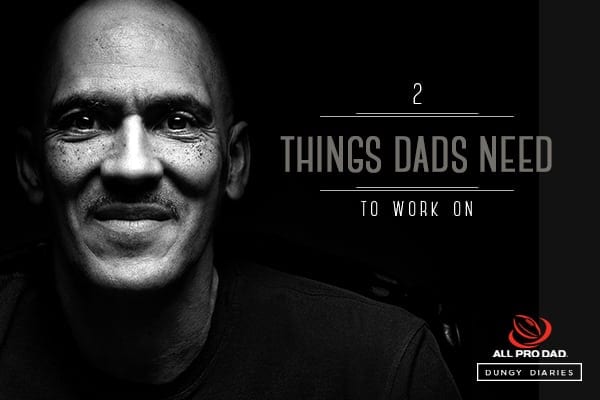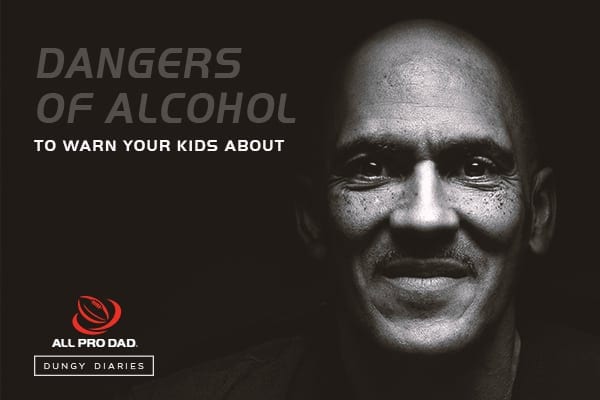Just because you have erred doesn’t mean you’re out of the running to be a good dad. We all fall short. The Bible wasn’t written for those who have it figured out, but instead, it is God’s Word to those of us who are muddling through life. I believe that we “all have sinned and fall short of the glory of God,” but we have been given the freedom through Christ to forget the past and look forward to what lies ahead as we “press on to reach the end of the race.”
If you think I share what I feel is important about fatherhood because I’m an expert on how it should be done correctly, I can assure you I am not. However, if you’re willing to listen to the things I think I have done right and learn from the mistakes I’ve made and am working to correct, then keep reading. We’ve all come up short. That doesn’t mean that you can’t gather yourself, draw a line of new commitment in the sand, and move on. Here’s something to think about:
1. What You Say Is Important
Our words can uplift and heal and empower-or not. Words can inspire, rekindle a sense of wonder, and provide direction, or they can dampen spirits, condemn ideas, and destroy initiative. We’ve all seen examples of this. Words can be used to delight and provide comfort-especially needed in the case of our children. Just know that your children are always looking for affirmation, for the knowledge that they matter-to you-even when their behavior would indicate otherwise. Words can bring peace to a family, they can encourage the downtrodden, strengthen the weak, and lift those who have fallen.
If the moments around our families are filled with peaceful, soothing, and uplifting conversations, some of us may fall into believing that this doesn’t apply to us. But let me caution you on this. Just because your body is in the house, it doesn’t mean that you are there. Your children need you to affirm and encourage them. Even if you are fighting workaholic tendencies, make sure you communicate openly and lovingly with your family. Since I wasn’t even in the same state as my family while coaching the Colts, I needed to be intentional about picking up the phone and talking with my children regularly. Be intentional with your words.
2. They’re Watching Too
What we say as fathers is important, but not nearly as much as what we do. Our children are smart-they will notice if we are living lives that are inconsistent with what we’re saying and teaching. This was brought home to me once when my son Jordan was seven years old. Whenever something went wrong on the football field or at home, the first words that came out of my mouth were, “You’ve got to be kidding me!” Well, not too long ago, when two-year-old Justin broke one of Jordan’s favorite toys, Jordan’s response was, “You’ve got to be kidding me!” and he even put just the right emphasis on the word got!
Our children are watching; there’s no doubt about it. If you tell your son that it’s important to treat women well and then don’t demonstrate that in your actions toward his mother, he will get the real message of what you believe. Or when you teach honesty as an abstract point, and then voluntarily tell the cashier that she gave you too much change and hand money back to her, your children will see that, too. If they see that work and status-above your family-are what drives you as a man, then no matter what you say and how many times you say it, they will learn to value those things as well.
None of us are perfect, but let’s work hard on what we say and do.











